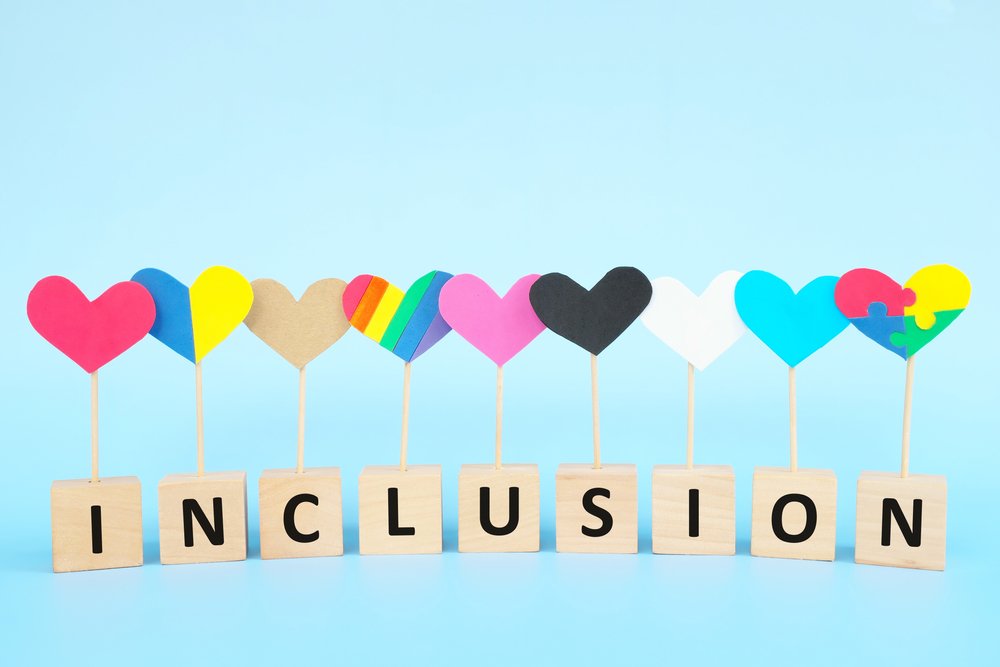3 Ways to Be Gender Inclusive in Litigation
We recently shared a blog post on ways to craft gender neutral contracts. But the importance of gender inclusivity in the legal world extends beyond document drafting. Litigation is another area where small efforts toward inclusivity can make a big difference. Here are three ways to be gender inclusive in litigation.
Use gender-neutral terms in court filings. Aside from the judge and the judge’s clerks, you can’t always anticipate who will read your briefs and other filings. Filings in high profile cases, for example, can be picked up by the media and read by potential future clients. Using gender-neutral alternatives to traditionally masculinized words can send a powerful message of affirmation to readers who value inclusivity. Examples of gender-neutral terms include using “police officer” instead of “policeman,” “congressperson” instead of “congressman,” and “postal worker” instead of “mailman.”
Draft gender-inclusive trial documents. At a jury trial, not only will the jurors be given documents to review—such as jury instructions, verdict forms, and exhibits—but the judge will likely read some of those documents out loud to the jurors at various points in the trial. Keeping trial documents gender inclusive not only demonstrates respect for the jurors but can also help ensure the accuracy of the information presented. For example, in a jury instruction explaining that the plaintiff must prove, as an element of a claim, that “he or she suffered damages,” the instruction could be revised to read that the plaintiff must prove that “the plaintiff has suffered damages.” Such an instruction could apply to all plaintiffs, regardless of gender identity.
Don’t assume the gender of court staff, witnesses, or jurors. Unless you’re sure of someone’s correct pronouns, it’s wise to err on the side of using inclusive language when appearing in court, including at trial. For example, when referring to the jury as a whole, saying “members of the jury” is more inclusive than “ladies and gentlemen of the jury.” Misgendering a juror could turn what should be an important civic duty into a humiliating and demeaning experience.
Our firm litigates a wide range of disputes, including contract and tort claims, shareholder conflicts, and trademark and copyright infringement claims. Feel free to contact us if we can be of help.

